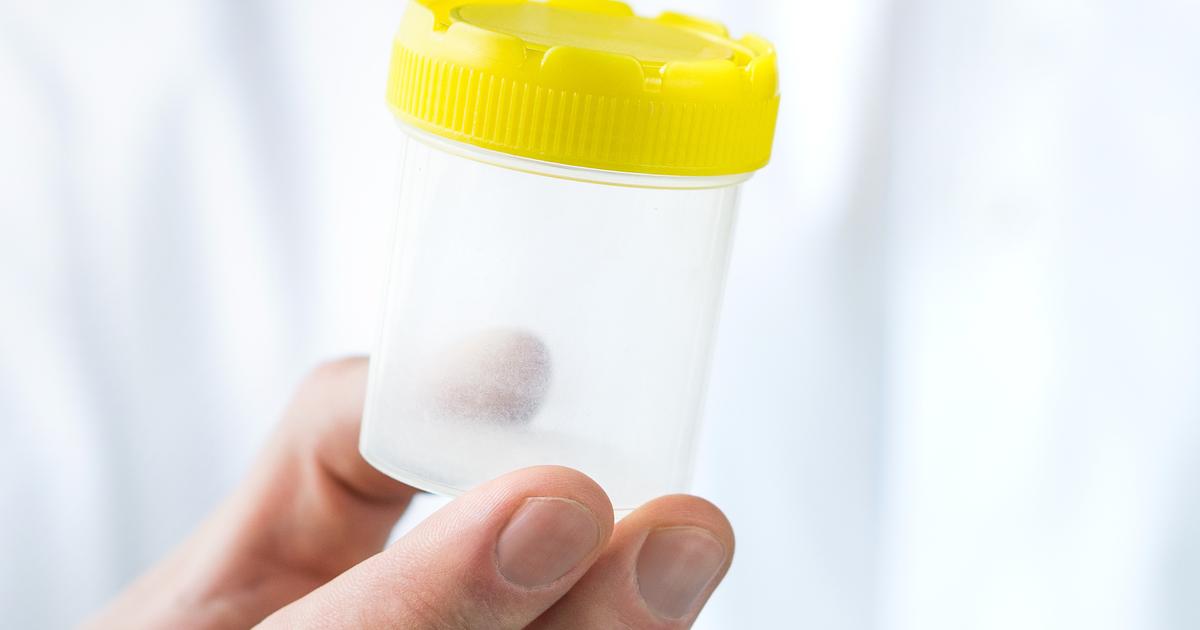Common Symptoms Of Gitelman Syndrome
Decreased Calcium In Urine

Individuals with Gitelman syndrome may experience decreased calcium in their urine. A normal amount of calcium that should be detected in a healthy individual's urine is between one and three hundred milligrams per day. Gitelman syndrome patients do not typically yield over forty milligrams per day. Increased levels of aldosterone caused by the body's reaction to low blood volume precipitated from salt-wasting initiates the depletion of a critical protein called TRPM6. This specific protein facilitates the reabsorption of magnesium in the kidney tubules, resulting in low magnesium in the blood. Magnesium is needed for the release of parathyroid hormone, and low magnesium can induce kidney and bone resistance to parathyroid hormone. Parathyroid hormone regulates the amount of calcium in an individual's blood through the management of secretion through the urine, pulling calcium from bones, and increasing calcium absorption from the diet. Therefore, an overall reduction in the effectiveness and release of parathyroid hormone results in less calcium being secreted through the urine.
Learn about how the muscles can mean an individual may have Gitelman syndrome now.